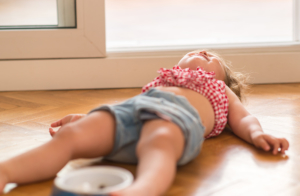
We’re in a time when things are getting a bit crazy in many people’s homes. Generally calm and cool parents are snapping and many families see their children lashing out more, struggling with behaviours they didn’t used to struggle with, or possibly shutting inward. On the flipside, some kids are doing better than ever before with a bit of a break from the adult-centered world they had been in before.
It’s okay if your child falls into either of these categories. Or heck, chances are they may oscillate between the two.
Where I have found parents having most of their troubles though is in how they respond to these situations. Most gentle parents I know don’t use punishment or love withdrawl (thank goodness) and so when they find themselves in a situation like we are in and their kids start acting out more and more, they can start to doubt that they’re doing much of anything. It can feel like you need to do something to get the insanity to end.
The problem is that that “something” is often thought to be the types of consequences and punishment we’ve gone so long without. So what’s up?
First, please know that many children are struggling more these days and so the higher incidence of troubles has nothing to do with not doing enough in terms of consequences or punishment and actually just a reflection of the stress they’re under. This stress can come about because of your own stress (kids are wizards at picking up on our subtle emotions) or may be from the lack of social time they now have (depending on their age) or the disruption to all they have known (remember that predictability is one of the most important things to us humans).
Because of this stress, your kids may not be utilizing the tools that they were before. They may not be able to even identify their emotional state as they could before because it’s all so overwhelming. This also means they’re going to need more of you. More connection. More time. And it’s probably not time you have.
When we can acknowledge all of this, we can hopefully realize that our kids aren’t in need of more consequences or, worse, punishment, but rather they are being tested at a level they aren’t prepared for. And this brings me to the analogy I want to share with you in terms of what you can do when/if you find yourself in this situation.
Imagine you sent a 4 year old to school and after a week he came home with a math test. The test was advanced, but not impossible. Your child, though, fails the test. It’s marked with X’s on most of it and the right answers written in (without explanation), but all that is written on it is, “Don’t get them wrong next time!”
Your child returns to school and you learn that math is not actually something being taught in the classroom. But despite this, the next week the teacher hands out another test, which your child fails, and again, all that is marked on it is, “Don’t get them wrong!”
How would you react?
If you’re like me, you’d be livid. What kind of teacher has kids in high-pressure situations and then doesn’t teach them how to handle them? How can we expect kids to perform when they’re on edge and stressed-out when we haven’t taught them what to do in those situations???
Sound familiar?
You see, the problem most parents have isn’t that they need to do more in terms of consequences or punishment, it’s in the teaching. When our kids act out, we often get upset and tell them not to hit next time, don’t yell, don’t snatch, stay calm, get us, and so on. We may even offer a quick suggestion about what to do in that moment, but then nothing until their next “test”. This means that kids don’t get the opportunity to practice and learn outside of these high-stress situations.
We all know that we need to practice skills in order to learn them. Emotion regulation, not hitting, restraint, and so on are all skills we have to learn. We are all at different levels too and what we are teaching has to be set to the right expectations for your child and the situation they are in. Yes, being in a pandemic or under high-stress will mean your child’s skills are less than usual.
If you have the expectations right then practice just helps our kids make the necessary neural connections to make these behaviours more immediate. Just like learning to drive or doing math, we start out having to put a lot of effort into them (and in times of stress we often blank), but as we practice more and more in situations that aren’t stressful, the behaviours become more reflexive.
If we feel we need to do anything with our kids, it’s this: Connect with them, love them, and help them learn how to cope. Practice won’t make perfect, but it will make better.

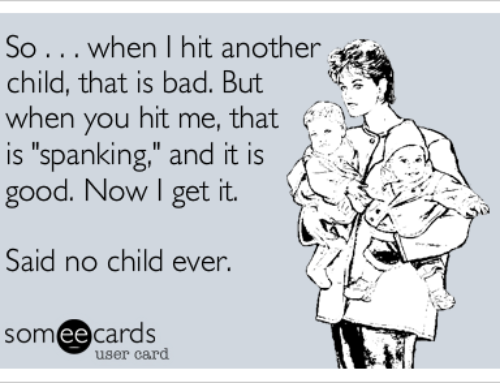
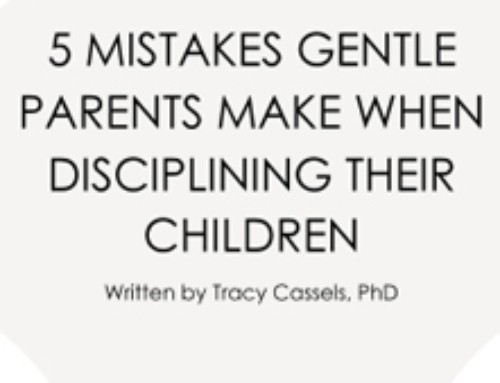
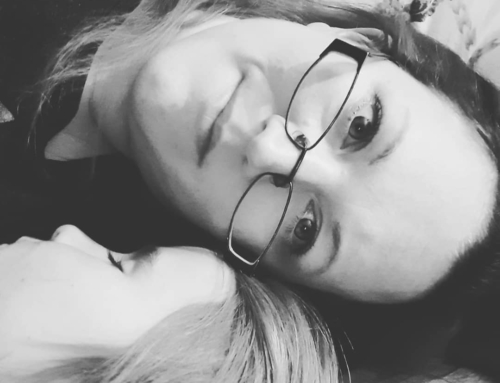
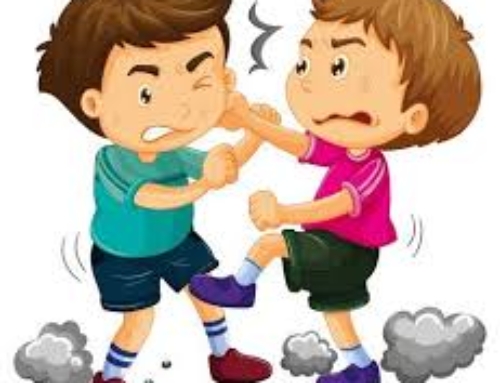
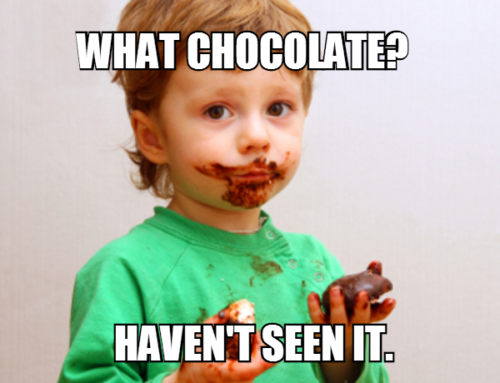
Leave A Comment